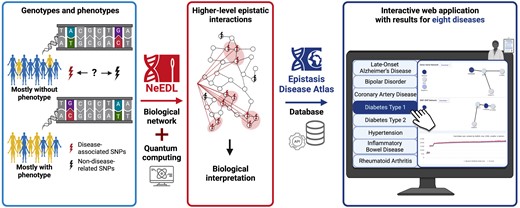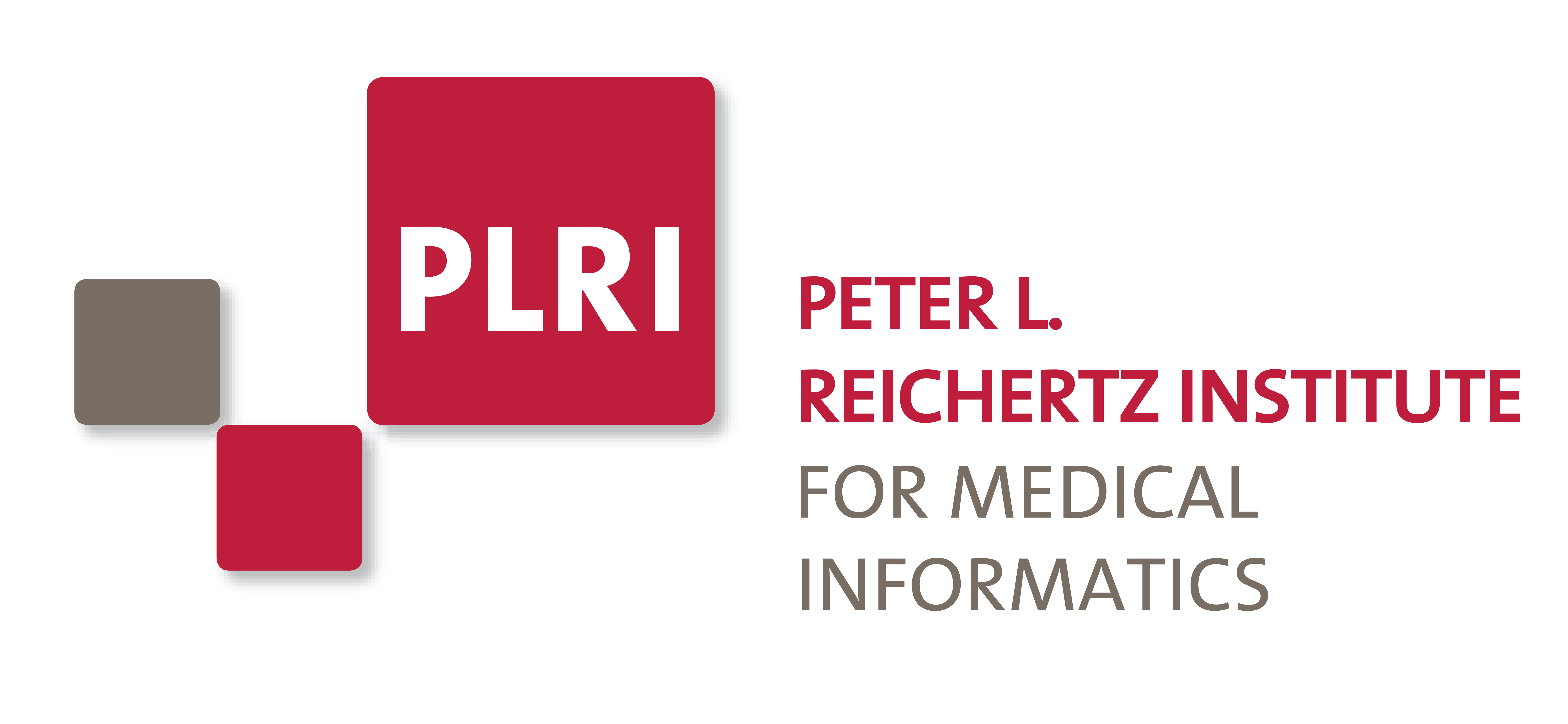2024-09-09: New AI Tool NeEDL Unveils Hidden Genetic Interactions in Diseases

After six years of intensive work an international research team has developed an innovative AI tool called NeEDL. This tool identifies hidden epistatic interactions (EIs)—genetic interactions that affect many hereditary diseases and were previously difficult to detect.
Most hereditary diseases, such as Alzheimer’s, bipolar disorder, and Type 2 diabetes, are polygenic, meaning they are influenced by the interplay of numerous genetic variants (SNPs). These genetic connections are often subtle and elusive but are crucial for understanding disease mechanisms and developing targeted therapies. NeEDL addresses this by using network medicine and modern data analysis methods to identify complex SNP sets involved in relevant genetic interactions.
The tool provides statistically significant results beyond what previous methods could achieve, thanks to its use of quantum computing techniques that have the potential to significantly accelerate these demanding computations once suitable hardware becomes available.
NeEDL has been applied to data from eight diseases, including Alzheimer’s, bipolar disorder, coronary heart disease, Type 1 and Type 2 diabetes, hypertension, inflammatory bowel diseases, and rheumatoid arthritis. The reproducible results offer new insights into the genetic foundations of these complex diseases. The identified epistatic interactions for these eight conditions can be explored interactively in the Epistasis Disease Atlas (https://epistasisdisease-atlas.com). This tool offers researchers a new perspective on polygenic diseases and could lead to the development of improved risk scores and combination therapies.
The development of NeEDL involved collaboration from researchers at various renowned institutions, including the National Institute of Diabetes and Digestive and Kidney Diseases (USA), the Technical University of Munich, the University of Hamburg, and many others worldwide. The Peter L. Reichertz Institute for Medical Informatics and the Braunschweig Center for Systems Biology (BRICS) were instrumental in the project’s conception and management. Researchers from TU Braunschweig contributed to data analysis and the application of advanced data science techniques, which were crucial for enhancing the accuracy and efficiency of NeEDL.
You can find more detailed information at https://doi.org/10.1093/nar/gkae697, and for further
inquiries, please contact:
Prof. Dr. Tim Kacprowski
Abt. Data Science in Biomedicine
Peter L. Reichertz Institute
TU Braunschweig
←back to news





